 scene from Sense8
scene from Sense8
 scene from Sense8 scene from Sense8 Ecstasy – what does that word mean to you? Ecstasy certainly has many associations! Some of these are deeply sacred, others far more profane. Each however has something in common: they are about standing out: standing out of the ordinary. For in its Greek origins, ecstasy means exactly that. ‘Ek’ means ‘out of’ and ‘stasis’ means ‘standing: hence ‘ek-statis’ – standing out, or away from, the norm. Ecstasy certainly therefore has important philosophical and theological aspects. Take, for example, the queer Cuban American theorist José Esteban Muñoz. I have been thinking about Muñoz because the theme of this year’s Sydney Mardi Gras is ‘Our Future’ and Muñoz gave a great deal of creative thought to imagining more loving futures. For Muñoz suggested that, in contrast to what he called ‘straight time’, at their/our best, queer people live and invite others into what he called ‘ecstatic time’. In other words, instead of living with the ‘normal’ expectations of time and this world, at their/our best, queer people seek to live and reshape this world differently. Instead of our pasts, our presents, and our futures being shaped by our birth families, and by ‘straight’ drives’ for power, children, inheritance, and wealth, at their/our best, queer people seek different kinds of happiness and societal arrangements. For, like other historically marginalised people, queer people have typically been ‘ecstatic’ people. We/they have stood outside of ordinary life and time: which is very much where our two main figures in our biblical story tonight come in – Naomi and Ruth – as striking models of the ‘ecstatic community’ into which God calls us…
0 Comments
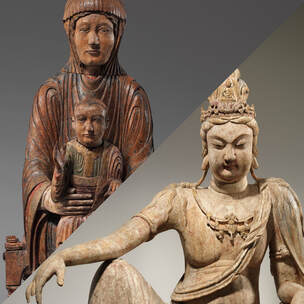 Enthroned Virgin and Child (1150-1200 France) & Bodhisattva Avalokiteshvara in Water Moon Form/Shuivue Guanyin (907-1125 Liao dynasty) from the Metropolitan Museum of Art, New York Enthroned Virgin and Child (1150-1200 France) & Bodhisattva Avalokiteshvara in Water Moon Form/Shuivue Guanyin (907-1125 Liao dynasty) from the Metropolitan Museum of Art, New York Wake up! Keep awake! These are familiar injunctions in Advent. What however do they mean to us today? What are we to wake up to? And for what is it that we are to keep awake? At the heart of the Advent and Christmas mysteries, is a call to transformation: an invitation to awaken, to recognise what is really going on in ourselves and in the wider world; an invitation to respond, to wake up, to the divine possibilities latent, or birthing, within us. Whether it be through stories and images of wonder and imagination, as in the Christmas angels and the Magi, or in today’s Gospel challenge to see beneath the changes and chances of our immediate existence, we are invited into transformation: the ever-transforming power of divine love and awakening… What’s in a name? - often, a huge amount. First Nations peoples are very clear about that and the intimate relationship between naming, language more widely, culture, identity and flourishing. Other oppressed peoples know this too. Hence the suppression or promotion of different languages is so vital an issue: just look, for example, at Wales, Catalonia, Belgium or Canada. It is not simply good manners to use the language people ask of us. It is because, unless we do so, we are disconnected from layers of meaning and identity, place and community, history and, indeed, geology. Take my surname: Inkpin. This has nothing to do with writing or being a scribe, or seamstress. It comes from two ancient British words: inga and pen. Inga, in modern English, means people. Pen means hill. This tells me, and others, that I come from the people of the hill, with all the deep layers of connection this entails: to particular soil and environment; to history and culture; to others, past, present and future. Indeed, even today, there are English villages, not surprisingly on hills, with the name Inkpen. For whilst much was swept away by the two great imperial invasions of my native land, there are still fragments of British indigeneity left, and one is my surname. It is a living reminder that there are other ways of being English, and British, than what is usually asserted: there are always were, and there always will be. For when we look more deeply, the living fragments of traditional cultures in every land call us both to recognition of pain and loss, and also to fresh pathways of justice. This is part of today’s Day of Mourning. We will not find peace unless we recognise what has happened in this land - and particularly in this city; unless we repent – and much more radically than we whitefellas have so far done; and unless, in Midnight Oil’s words earlier,[1] we ‘come on down’ to the makararrata place, ‘the campfire of humankind’, ‘the stomping ground.’…
How do you regard dragonflies? In the poem we heard earlier (As Kingfishers Catch Fire), the poet Gerard Manley Hopkins not only encourages us to be like them, but, in so doing, to be like Christ. Not everyone has always agreed however. In early colonial Australia for example, white fellas tried to kill dragonflies, just as they/we tried to kill so many other life-giving things that they/we did not understand. Those early colonialists saw dragonflies flying around and landing on their valuable horses, and they saw the horses moving and flicking their tails. So they thought the dragonflies were biting and making them crook. The colonialists were making things worse. The dragonflies were actually eating the mosquitoes and the gnats that were troubling the horses. They were life-givers, saviours even, not devils in disguise. In so many positive ways, dragonflies are thus evocative symbols for transgender people today. For, on this Transgender Day of Remembrance, we do well to attend to how bearers of light have been treated as embodiments of darkness. We do well, as our Gospel today (Luke 23.32-43) reminds us, to remember how Jesus was not crucified alone, and how others are also crucified today. And above all, we do well to affirm that it is only in recognising the light, in strange places, that we find salvation and hope for us all…
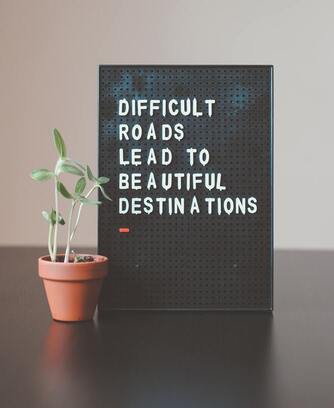 photo: by Hello I'm Nik on Unsplash photo: by Hello I'm Nik on Unsplash The stories of the great biblical prophets are certainly extraordinary, not least those of Elijah and Elisha. As Penny said last week, in some ways such biblical narratives are really top cartoon action stuff. That is certainly true of our story from the Hebrew Scriptures today. This contains powerful features which have had enduring value in faith communities, and elements which have been overlooked. There has also always been a good deal of tidying up, and ignoring, of some aspects of the narratives. For one thing we can assuredly say about the prophets is that they are not comfortable figures. We see this too in the story of Jesus which we will come to later. After all, as we have just sung, in John Bell’s words, Jesus is a ‘provocative preacher’, an ‘itinerant teacher‘, and an ‘outsider’s friend’. Be clear about that if you want to follow Jesus – all things may be up for grabs and turned upside down. To put it another way, your life and world may be profoundly queered... 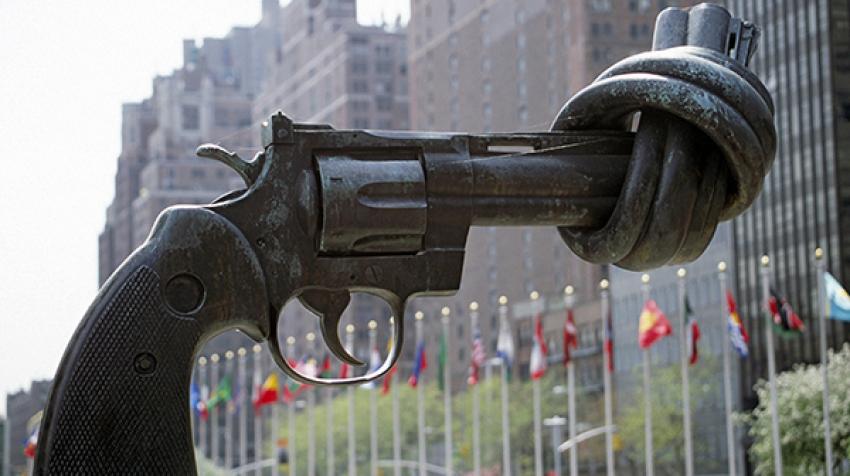 photo: United Nations ‘Towards a Planet-wide Culture of Non- Violence’ photo: United Nations ‘Towards a Planet-wide Culture of Non- Violence’ One of my favourite stories of transgender resistance to oppression comes from India. A group of hijra people were being harassed and humiliated. Of course, this was/is nothing new. Whilst hijra have their gender officially recognised on the Indian subcontinent, they are outcasts among outcasts, typically living on the margins, in the very poorest quarters, and they stir a range of reactions in others. Like all marginalised people, behind their own remarkable brave lives lies terrible and very real fear, and many sad stories: of the sex trade and exploitation, of cruel and/or dangerous castrations, of being cast out and shamed.[1] In one community this shaming grew intolerable. Exclusion, humiliation and actual physical and sexual violence grew exponentially. What could the hijra do? The law, politicians, even religious leaders, did not care. They were actually deeply complicit. Then, after one particularly awful day, the hijra hatched a plan. In the early hours of the morning, after stripping off their undergarments, they would walk, en masse, to the houses of the worst abusers, rattling pots and pans, bells and whistles, and anything they could put their hands on, seeking to wake up the whole neighbourhood, and make the maximum impact. This they did, raising a mighty commotion. Then, they waited whilst the worst offenders, particularly the leading fathers of the community, opened their doors and windows, and came out to see what the terrible din was all about. Standing in line, shoulder to shoulder, the hijra together then took hold of the hems of their dresses, and, with an extraordinary shriek and song of pride, lifted them up, and displayed their genitalia, in all their glory. All those who watched on were taken aback, not only with shock, but with shame. For the hijra had turned the tables on them. The shame now rested on those who were rightly shameful. The powerless had, if only temporarily, transformed the powers that oppressed them, into tools of life and liberation... Good morning! It is a delight to be back here in Pitt Street after several weeks away on personal ‘sorry business’ and study leave. In the context of the continuing pandemic, it has certainly been what some might call an ‘interesting’ time, marking an important watershed in my own life and that of my wider birth family. In offering some reflections today, I would therefore like to begin by expressing my deep gratitude for the many, many. wonderful expressions of support from members of our Pitt Street community, and for the prayers which have been offered. I continue to be so grateful for the gift of loving relationships I am given as part of our life together, and I look forward to their further and deeper unfolding in the days to come. For relationship is such a core element of our lives, and never more important than at times of loss, grief, challenge and growth. As such, it is so absolutely foundational to the Day of Mourning we mark today, as well as to the trials of the pandemic world with which we continue to journey, and the struggles of our own particular lives. In the light of these things, my own recent and continuing journey, and of our readings today, I offer up relationship as one of three words which might be central to our considerations at this time.
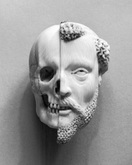 How do we respond to death? I don’t ask that as a negative question but because it is at the heart of our Gospel – our Good News – today, and throughout this Holy Week. It is an unavoidable question, however much we try to avoid it: for, as the old proverb has it, two things are certain in life: death and taxes. Yet, more meaningfully, Christians believe, how we respond to death is at the heart of how we find life in this world, which is the ultimate meaning of our Gospel and the culmination of this Holy Week in the Resurrection. So, as we hear today’s Gospel reading (the story of Christ’s Passion according to Luke) - in three parts - let us reflect upon the challenge of death, so that we may find life again more fully, as Jesus offers it to us… "Unless I see the holes that the nails made in his hands…and put my hand in his side; I refuse to believe.” Thomas was after certainty wasn’t he?
Often we speak of ‘doubting’ Thomas. Yet the Thomas we encounter here is not so much doubting as demanding proof. There is an aggressiveness in his demand for sure proof that is disturbing, and is matched by the fervour of his response once proof is provided. ‘My Lord and my God’ he proclaims: the loftiest acclamation of Christ anywhere in the New Testament. In terms of personality it would be more accurate to characterise Thomas as a fundamentalist than a doubter. For him things are very clear with no grey areas. Such clarity produces great zeal and a capacity for courageous and devoted service. It is also potentially very dangerous. Today across our world we see an increase in fundamentalism. This is true alike of all the mainstream religions and also of liberal securalism. It is a human phenomenon of our times, arising at least in part in response to the uncertainties of the post modern era, with the rapid pace of change brought about by the technological revolution. Fearful of the attack on familiar elements of culture and the perceived rubbishing of important values many people are attracted by the simplicity and apparent clarity of a fundamentalist approach. We can recognise it in ourselves; and we can see it just as clearly in those who would outlaw all religion as having evil consequences as in those who see themselves engaged in ‘Holy War’... 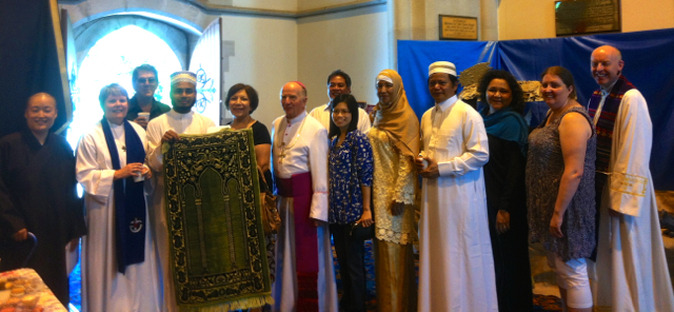 Just before Christmas we had a wonderful gathering in St Luke’s, of many faiths and none. It was a time of remembrance and prayer for those who had been killed and traumatised by recent events, including the Sydney siege and the massacre of children in Pakistan. It was a time of reaffirmation and deepened solidarity as we renewed our city commitment to peace and harmony. It was a time which showed we have something very special here in Toowoomba. For so many places in the world would be amazed that Christians, Muslims, Buddhists, Baha’is, and so many others, can not only live together peacefully but even appreciate one another and share their distinctive gifts. That should not seem unusual. Yet it is. We should therefore celebrate and build upon it. For, in a deep sense, as we hear today’s Epiphany Gospel, we are perhaps thereby 'a Church of the Magi’… |
Authors
sermons and reflections from Penny Jones & Josephine Inkpin, a same gender married Anglican clergy couple serving with the Uniting Church in Sydney Archives
June 2024
Categories
All
|

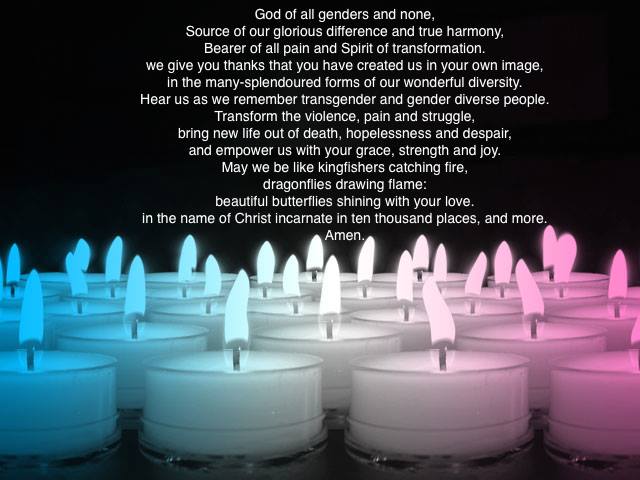
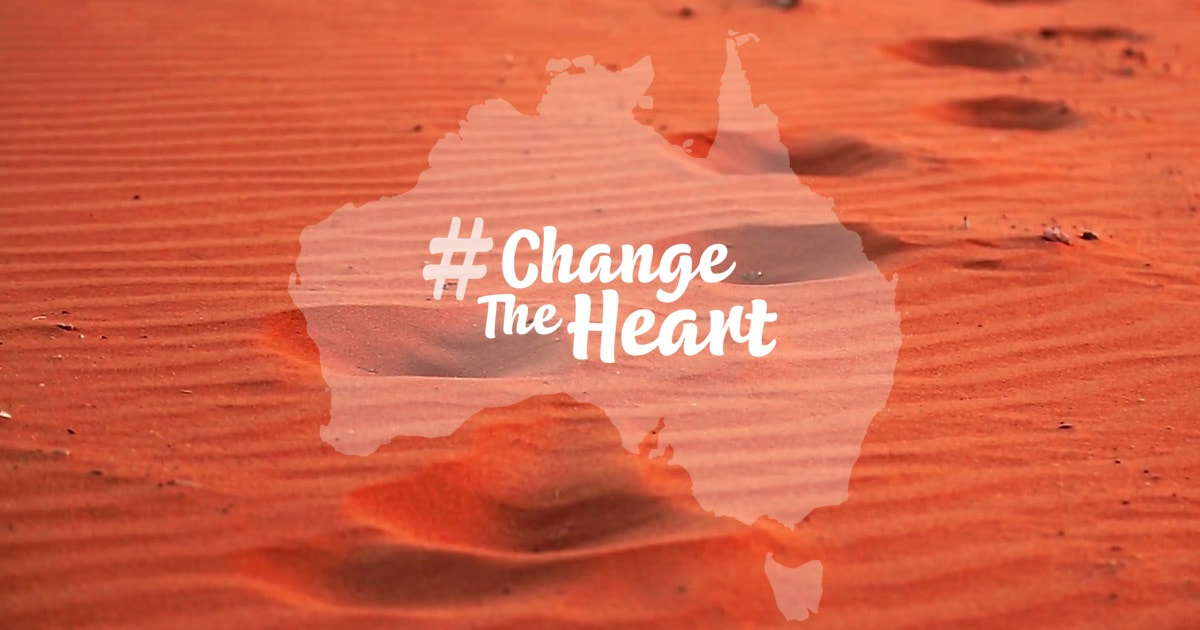
 RSS Feed
RSS Feed